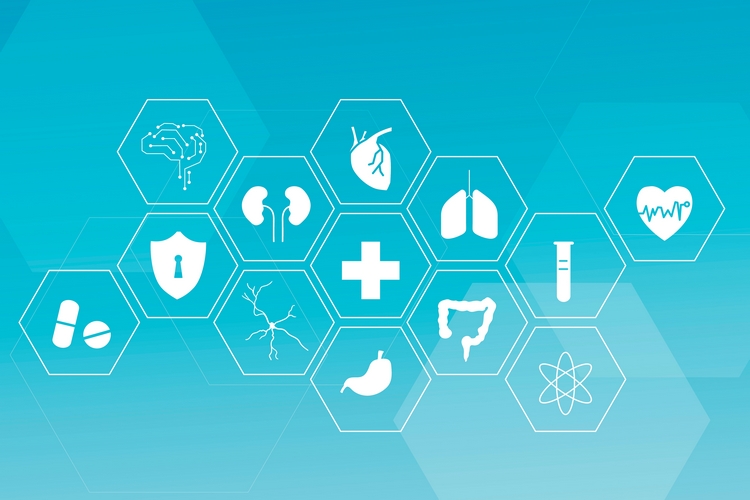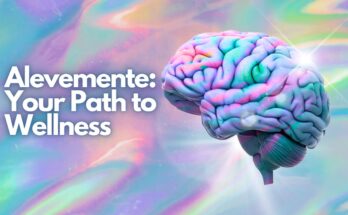The COVID pandemic left a devastating trail across the world but, in India, it may have ushered in a new age too- that of AI technology health check up. The Government of Indiais investing heavily in AI for health with a tool that can analyse media health reports and create a database. This database will help identify outbreaks that can blow up into epidemic proportions.
The Ministry of Health and Welfare has signed an MoU with developers to bring out two AI tools-
- one to track diseases that have the potential to become outbreaks
- the other to use AI to interpret X Rays using an India centric database
But this is not all that AI technology health check up tools can do. Already, AI has been transforming this area significantly in many ways.
The many ways in which AI for health is adding value
Four years ago, in 2018, AI was already being viewed as a transformational tool in healthcare. At the World Medical Innovation Forum (WMIF) in that year, researchers from Partners Healthcare listed out a dozen areas in healthcare that would witness a revolution thanks to artificial intelligence. A significant point here to note is that AI for health is not just about better patient outcomes but equally also about commercial benefits to medical business entities. AI technology health check up
- Improving patient quality of life: To give an idea of how much impact artificial intelligence can have, AI powered devices can be intuitive enough to ‘read’ and ‘understand’ patient needs when they cannot express themselves verbally. This could dramatically improve the life of patients who have suffered from a stroke or ALS and who are unable to communicate in the way they used to.
- Bettering treatment outcomes through easy collaboration: According to Dr. Golby from the Brigham and Women’s Hospital, AI, especially in radiology techniques niche, will help collaborative efforts between various departments in a hospital setting to deliver the best treatment outcomes. Developments here may eliminate the need for tissue samples in specific cases too, which will make the diagnosis and treatment process far more comfortable and non- invasive for the patients.
- Improved early detection rates: In Pune’s Deenanath Mangeshkar hospital, AI technology health check up has been used to identify cases of emphysema. The detection rate for this chronic condition is seen to be 170% higher than the hospital’s traditional methods when the Japanese powered AI tool is deployed. In effect, AI can help detect diseases more accurately, which means the patient can start treatment early too and improve outcomes. This is a significant advantage seen with AI technology health check up done during annual screening tests too.
- Accurate testing: Artificial intelligence is already in use to detect dreaded diseases like cancers and this is found to give results with higher accuracy. For example, with mammograms one of every two healthy women is misdiagnosed with cancer. However, with artificial intelligence, the review and analysis of mammograms can be done much faster and much more accurately leading to a dramatic reduction in biopsies in cases where they are not even necessary.
- Automating manual processes: World across, there is a dearth of qualified, trained, experienced health personnel. The use of Artificial intelligence for health can take over tasks allocated for humans to do, such as analysing reports or collating them or finding patterns. AI enables the freeing of trained personnel to focus on other, more critical activities and it also cuts down the human error possibility in tasks. The result is much more efficient utilization of resources both human and technological.
- Comprehensive data collation: When a patient’s completemedical historyiscollated at one place and scrutinized for disturbances or abnormalities, the chances of identifying early markers of long term illnesses is much higher. AI enabled tools make this easy. But that’s not all, thanks to the higher data collation and analysis abilities that AI tools possess, this process can be done across population segments, across age groups, ethnicities etc to identify risk areas for various sections of the world population. This underpins efficient preventive care.
- Improved patient experiences: In many ways, using AI for health can make thetesting/diagnosis process simpler, easier, and faster for the patient, making it an anxiety free process. As patient experiences improve, the resistance to testing reduces, ensuring that individuals opt for health checks or annual screening tests to keep track of their health. This can help improve the overall health of the population, keep the country healthier and more productive.
- AI in administrative functions: Apart from all this, there are also several administrative applications for AI in healthcare. Automating payments, claims, billings simplifies these time and labour intensive tasks at hospitals and allows them to divert competent human resources towards ensuring patient comfort and care. It also helps track records easily, thus reducing the incidence of fraud.
We are already witnessing how AI wearables are transforming the way we incorporate healthy living into our daily lives. This is just the beginning. Be it AI technology health check up to enhance predictive diagnosis orAI tools to improve patient experience, the fact is that this technology has already started transforming the way we look at both diagnostics and treatment methods.




